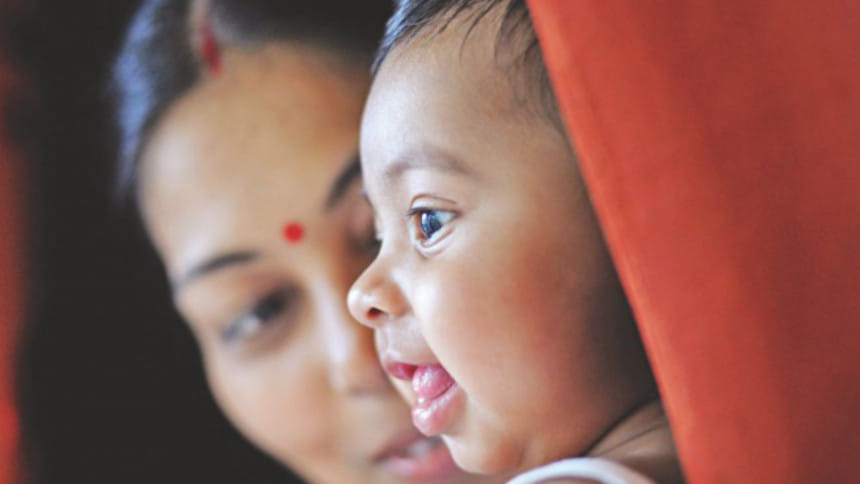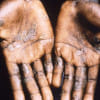Bangladesh's remarkable reduction in maternal mortality - More can be done

A pregnant young woman in labour from a local village is being carried by two men into the Doctors Without Borders/Médecins Sans Frontières (MSF) health clinic in Kutupalong, Cox's Bazaar. Her body is so swollen that she cannot walk. Our medical team immediately identifies that she has preeclampsia – a pregnancy complication that is potentially life threatening for both mother and baby. Successful treatment requires early identification; we have never seen this woman before at our clinic.
Despite her physical condition, the woman musters the strength to give birth to a premature baby after we referred her to the nearest hospital. But days later she returns to our clinic, with her tiny baby, and the team cares for the mother and her child in the neonatal unit. But the woman's condition deteriorates. She is referred to the hospital in Cox's Bazaar and we continue to follow her progress alongside the Ministry of Health staff, but sadly, less than a week after her baby is born, she dies.
Worldwide, pregnancy and child birth place one of the biggest demands on national healthcare systems. Between 1990 and 2015 the number of women dying in childbirth worldwide fell 44 percent according to the World Health Organisation (WHO). In Bangladesh in the same period, that number tumbled from 569 to 176 per 100,000: a reduction of over 300 percent. This is a level lower than most of the South Asian region, and an astonishing achievement worthy of celebration this International Women's Day.
But childbirth only stops being life risking for mother and baby when women have access to trained medical professionals during their pregnancy. Those professionals can identify complications, such as preeclampsia, and work with women and their families to ensure appropriate medical action is taken. Experts highlight that there is still a need to improve the access to life saving emergency obstetric care, especially in rural Bangladesh. My experiences in MSF's health clinic in Kutupalong suggest this is the next priority for Bangladesh to continue its remarkable progress.
MSF's birth unit in Kutupalong, Cox's Bazaar, runs 24 hours a day, and offers women antenatal/postnatal care and hosts a neonatal ward. The priority is identifying and managing complicated pregnancies and deliveries. The birth unit is just one part of a busy health clinic, which runs under the authorisation of the Ministry of Health to provide quality Basic Emergency Obstetrics and Neonatal Care (BEmONC) services completely free of charge.
But we still see the results of women not accessing consultations. For many, services are simply not available close enough to them or sometimes people are not seeking medical assistance until there is a problem, by which time the risks are far greater.
In another case, a young pregnant woman arrived, this time from the Kutupalong makeshift camp housing Rohingya refugees. She had very high blood pressure. This was her first baby. Our midwives again identified the preeclampsia symptoms, but since she was in the early days of her pregnancy, we prescribed her regular medication to prevent the convulsions. The mother felt much better and was soon able to return back to the camp. When our outreach teams went the following day to check her condition, they found that she had stopped taking her medication, as she didn't have any serious symptoms. Again her blood pressure was very high and we brought her back to the birth unit to prevent any unnecessary complications.
Preeclampsia is one of the most common causes of maternal deaths, alongside conditions such as postpartum haemorrhage, obstructed labour, and postpartum sepsis. They need to be identified early so that they can be monitored and treated to reduce maternal mortality. This can be done by ensuring access to skilled and well-trained obstetric professionals over the course of pregnancy. In this way, we can stop these conditions from reaching levels that are harmful for both mother and child.
The writer is a midwife from Holland and currently supervising the birth unit at the MSF clinic in Kutupalong.

 For all latest news, follow The Daily Star's Google News channel.
For all latest news, follow The Daily Star's Google News channel. 








Comments